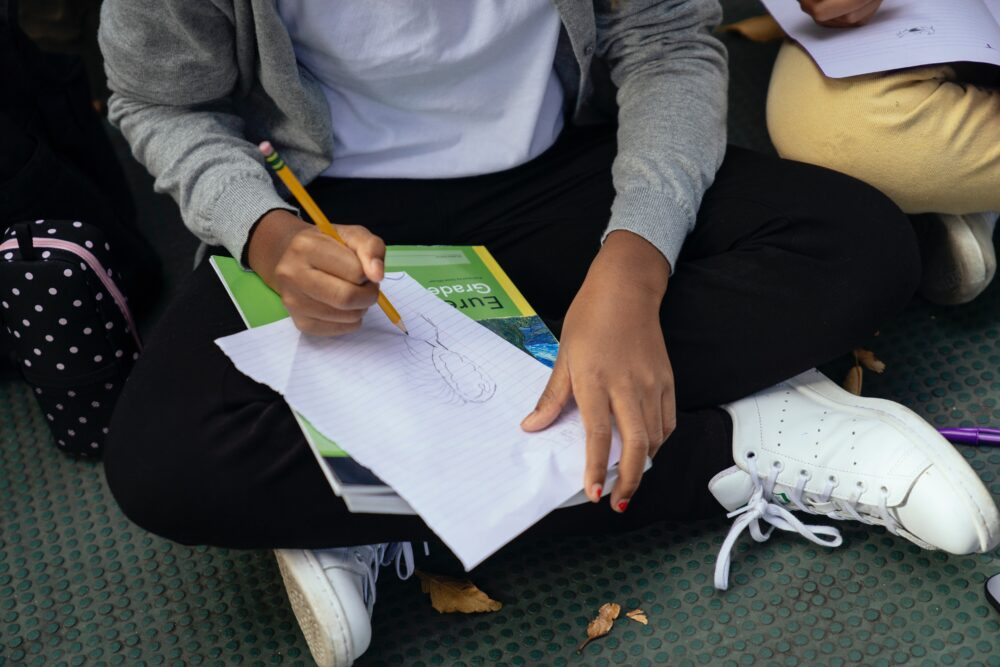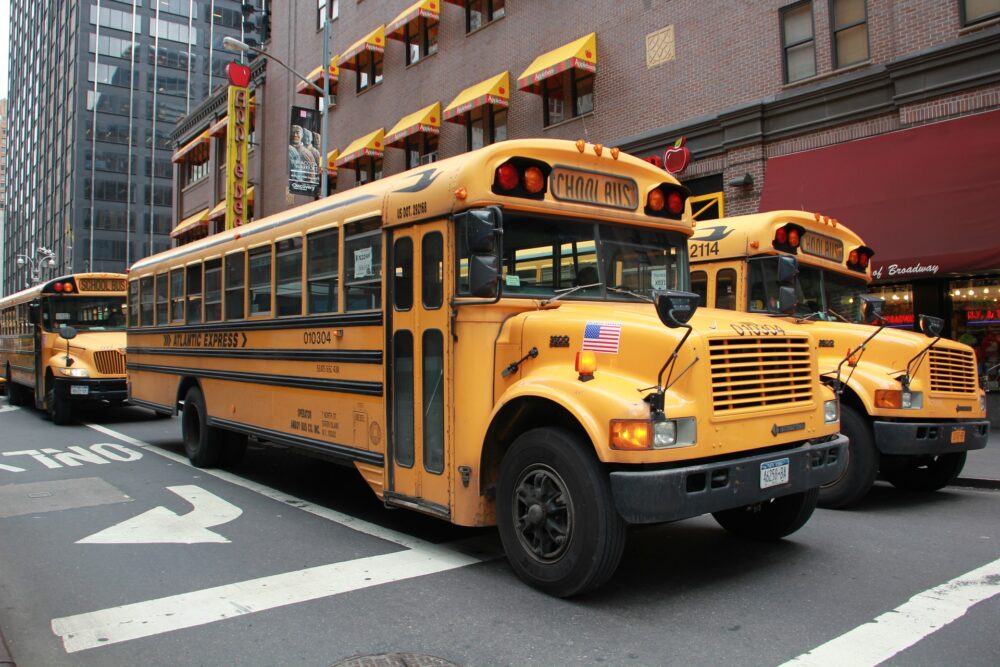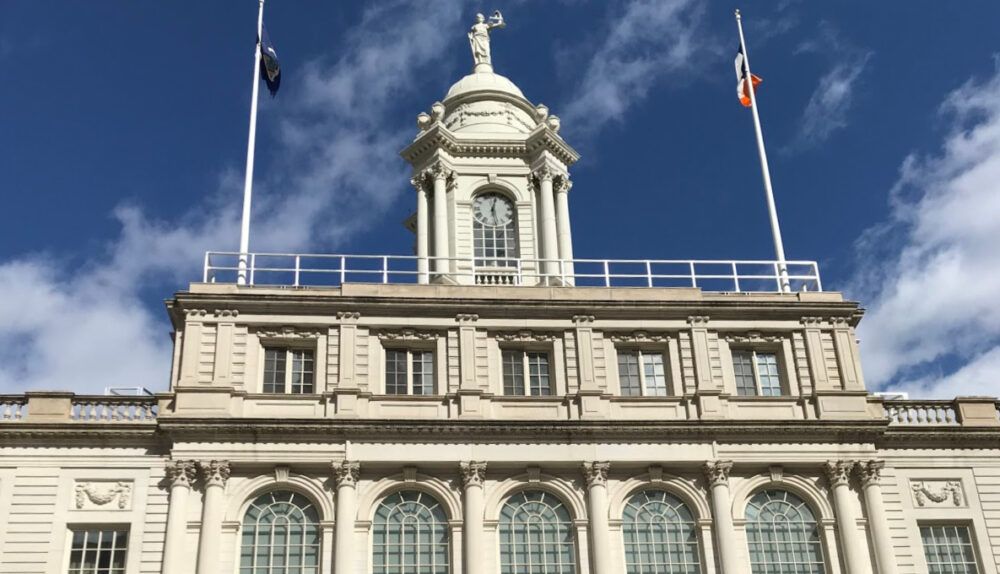AFC Responds to the New York City FY 2020 Executive Budget
Kim Sweet, Executive Director of Advocates for Children of New York (AFC), issued the following statement in response to the release of the City’s Fiscal Year 2020 Executive Budget.

We are pleased that the City is investing an additional $33 million to help support students with disabilities, including by hiring more school psychologists, creating additional programs for students in the early grades, and increasing the number of preschool special education class seats. We hear from families every day who are struggling to get the services their children need. We fully support the goal of creating more programs in public schools that will meet the needs of students with disabilities, including students with autism and students struggling to learn to read. We look forward to learning the details.
Before the budget process concludes, we hope that Mayor de Blasio and the City Council will increase funding in the following areas to help students whose needs are often overlooked:
Support for Students who are Homeless
We are pleased that the Mayor has baselined funding for 53 Bridging the Gap social workers at schools with high concentrations of students living in shelters, ending the annual budget dance and helping to ensure the long-term continuity of the program. But 53 social workers is woefully insufficient to meet the need. Currently, the City has 69 Bridging the Gap social workers, and there are still 100 schools with 50 or more students living in shelters and no Bridging the Gap social worker to focus on the needs of these students. The final budget must include funding for at least 100 Bridging the Gap social workers.
Direct Mental Health Support for Students
The City Council’s budget response called on the DOE to provide direct mental health support to students who need help the most through a school mental health continuum funded through ThriveNYC, as recommended by the Mayor’s Leadership Team on School Climate and Discipline. The Council also called on the DOE to hire an additional 110 social workers for high-needs schools. These vital investments would ensure that more students get the direct mental health and behavioral services they need so they can remain in school supported and learning. However, the Executive Budget does not include funding for either of these priorities.
Support for Students in Foster Care
For students placed in foster care, school can be a key source of stability. The City Council’s budget response called on the DOE to ensure that students in foster care receive bus service so they don’t need to switch schools due to lack of transportation. This week, more than 30 organizations sent a চিঠি to the Mayor requesting funding for guaranteed bus service for K-6th grade students in foster care, as well as a DOE Office for Students in Foster Care, as there is currently not a single DOE staff member focused full time on this student population. However, the Executive Budget does not include funding for these priorities.
Practices That Improve School Climate
While the use of Restorative Practices in NYC schools has expanded over the last few years, most schools still do not have access to this evidence-based approach that keeps students safe, supported, and learning in school, while they grow from their mistakes. The City needs to invest in bringing Restorative Practices to every school — and do so with fidelity.
We look forward to working with the Mayor and the City Council as the budget process continues to ensure the final budget invests in these critical areas.


